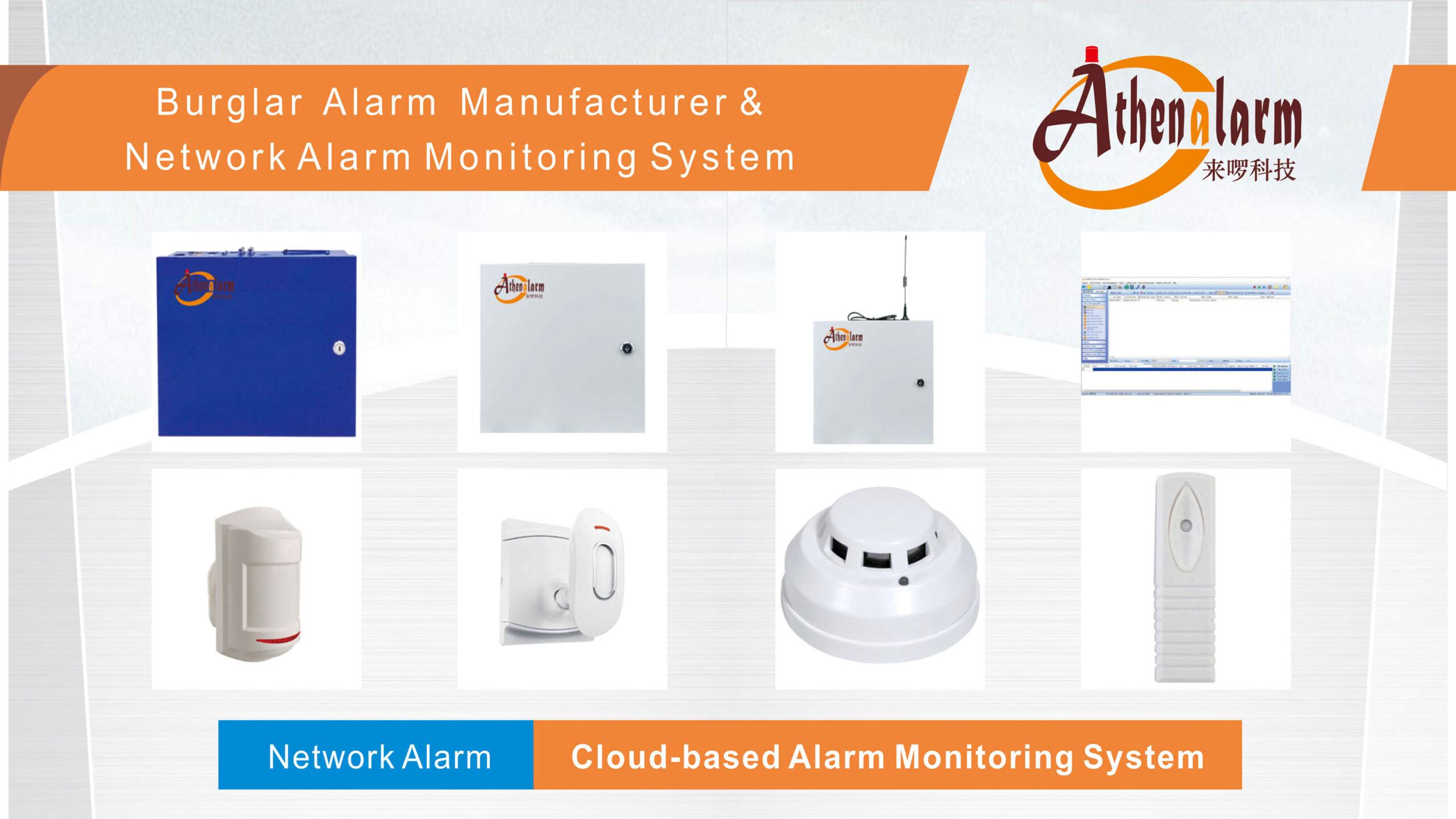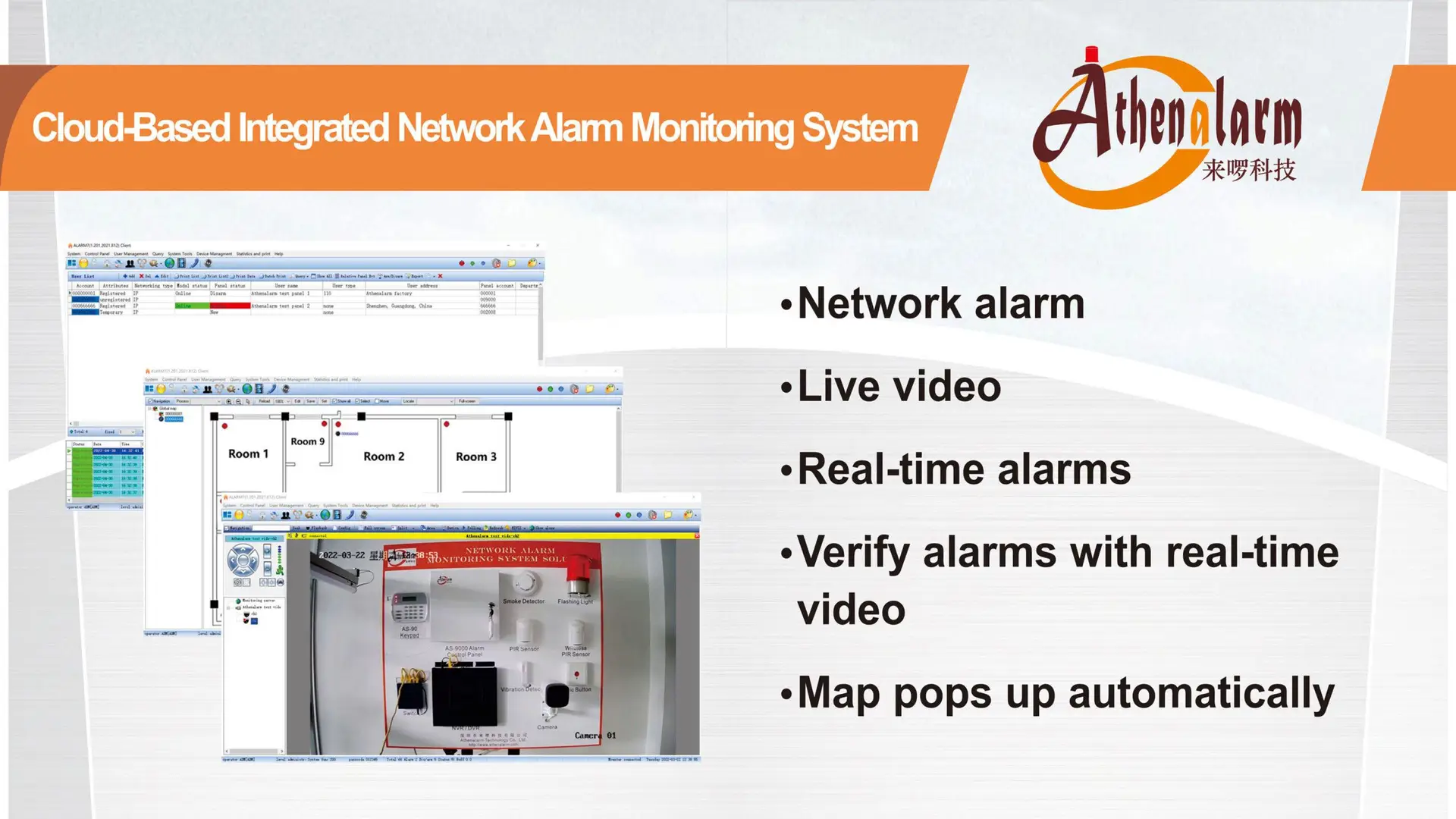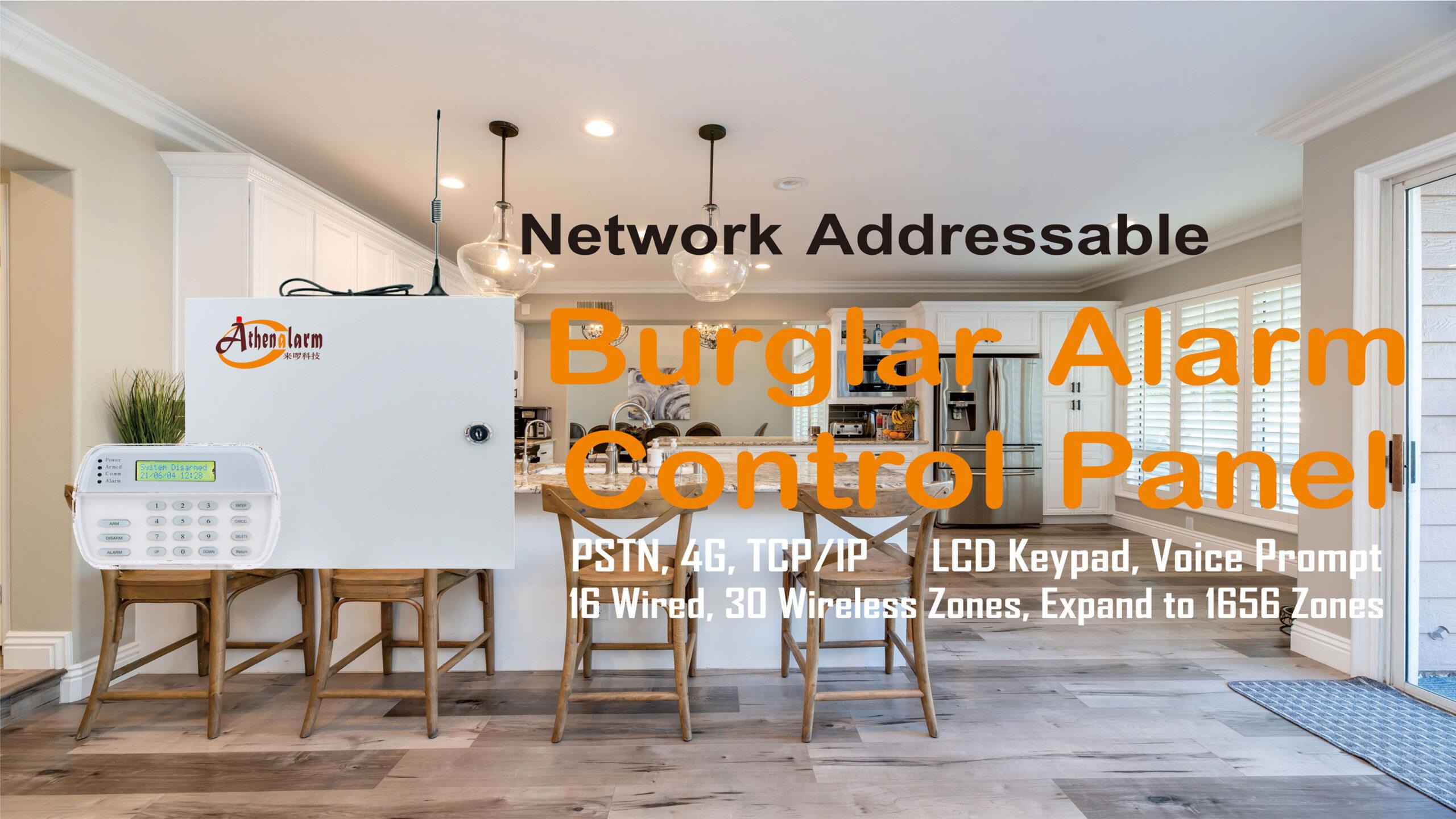



Alarm System: 7 Key Differences Between Wired and Wireless
In the modern security landscape, selecting the right alarm system is more than a technical choice—it’s a strategic investment. Whether you’re protecting residential property, securing commercial assets, or designing multi-zone surveillance for industrial environments, the decision between wired and wireless alarm systems defines not just your defense architecture but your operational flexibility and long-term ROI.
Alarm systems, at their core, are engineered to detect and deter unauthorized access. But as threats become more intelligent and regulatory standards more stringent, it’s no longer enough to simply install an off-the-shelf solution. Security professionals must consider signal integrity, installation constraints, maintenance demands, and integration capabilities—elements that differ significantly between wired and wireless technologies.
This article breaks down the 7 most critical differences to help you align system choice with the real-world needs of your environment.
Table of Contents
1. Signal Security & Tamper Resistance
Wireless Alarm Systems operate using radio frequencies (RF), which while flexible, are inherently exposed to environmental and intentional interference.
- Interference Risk: Devices like routers, cordless phones, and microwaves can disrupt signal transmission.
- Susceptibility to Jamming: Basic RF jammers can disable unprotected wireless systems.
- Accessible Hardware: All-in-one control panels near entry points increase the risk of physical tampering.
Wired Alarm Systems, on the other hand, offer hardened infrastructure:
- Stable Communication: Shielded cables provide secure, uninterrupted signal transmission.
- Hidden Control Units: Panels are often concealed, minimizing tamper exposure.
- Preferred in High-Security Settings: Government facilities, banks, and data centers favor wired systems for this reason.
Expert Tip: In any environment where uninterrupted detection and tamper-proofing are non-negotiable, a wired alarm system remains the industry gold standard.
2. Installation & Environment Suitability
Wireless Systems shine in deployment speed and adaptability:
- Non-Invasive Installation: Ideal for leased spaces, historical buildings, or temporary setups.
- DIY Friendly: Plug-and-play kits with mobile app pairing are now common.
- Ideal for Retrofits: Avoids damage to walls, ceilings, or finishes.
Wired Systems require upfront planning:
- Professional Design Needed: Requires blueprints, route mapping, and compliance checks.
- Works Best During Construction: New builds or major renovations reduce labor overhead.
Implementation Insight: If you’re planning a facility upgrade or new build, installing wired infrastructure at the outset saves cost and future-proof your alarm system foundation.
3. Upfront vs. Lifecycle Cost
Wireless Alarm Systems are attractive for quick deployments:
- Lower Initial Investment: Fewer components, no cabling.
- Higher Operational Costs: Includes frequent battery replacements and potential subscription fees.
Wired Alarm Systems trade initial cost for durability:
- Professional Installation Required: More costly upfront due to labor and materials.
- Minimal Long-Term Maintenance: No batteries; high-grade components last 10+ years.
ROI Perspective: For short-term or low-risk sites, wireless is sufficient. For permanent infrastructure, wired systems are more cost-effective in the long run.
4. System Functionality & Scalability
Wireless Systems provide smart features and expansion ease:
- IoT Compatibility: Integration with Alexa, Google Home, and smart locks.
- Modular Growth: Add cameras, sensors, panic buttons at any time.
- App-Based Management: Real-time alerts and cloud monitoring.
Wired Systems offer unmatched reliability for scale:
- Signal Consistency Across Zones: No degradation with distance.
- Enterprise Software Integration: Sync with access control, CCTV, HVAC.
- Redundant Alert Paths: Dual-channel communication (landline + GSM).
Enterprise Strategy: If you’re managing multiple buildings or large campuses, wired systems provide the architecture needed for unified, secure monitoring.
5. Technology Evolution & Innovation
Wireless Technologies evolve rapidly:
- Rolling Code Encryption: Prevents replay attacks.
- AI-Powered Jam Detection: System alerts when interference is detected.
- Two-Way Communication: Improves response accuracy and diagnostics.
Wired Technologies innovate in backend resilience:
- Self-Healing Circuits: Detect and route around faults automatically.
- Open Integration Protocols: Communicate with BMS (Building Management Systems).
- Physical Signal Protection: Stronger encryption prevents wire tapping.
Modern Trend: Hybrid alarm systems—wired base with wireless extensions—are gaining popularity for balancing security and convenience.
6. Use Case Alignment
Wireless Systems are ideal for:
- Short-term setups like construction sites.
- Small businesses, pop-up stores, or rentals.
- Scenarios with aesthetic or structural limitations.
Wired Systems are best suited for:
- Data centers, banks, and logistics hubs.
- High-value asset protection.
- Complex layouts needing centralized control.
Example: Retail chains often use wireless systems at each branch, but centralize control and storage with wired systems at HQ or distribution centers.
7. Maintenance & Operational Demands
Wireless Maintenance includes:
- Battery Health Monitoring: To avoid outages.
- Sensor Calibration: Crucial when room layout changes.
- Firmware Updates: Ensure cyber threat resilience.
Wired Systems require:
- Low Routine Upkeep: Once installed, minimal user interaction needed.
- Scheduled Diagnostics: Typically done semi-annually by integrators.
Integrator Advice: Always define a Service-Level Agreement (SLA) with your alarm provider to ensure long-term reliability.
Final Recommendations
Choosing the right alarm system is not about following trends—it’s about aligning your threat profile, operational goals, and site infrastructure.
Choose Wired Alarm Systems if:
- Your site demands high-security, uninterrupted monitoring.
- You require deep integration with surveillance or access control.
- You’re building new infrastructure with long-term stability in mind.
Choose Wireless Alarm Systems if:
- You need rapid deployment and flexibility.
- You’re working in a retrofit or temporary setting.
- You prioritize mobile accessibility and ease of use.
In many cases, the most effective solution is a hybrid configuration, allowing enterprise-level stability with zone-specific flexibility. As the security landscape continues to evolve, professionals must think beyond hardware and focus on how alarm systems support broader operational resilience.
FAQs
1. What is the main advantage of a wired alarm system?
Wired systems offer superior reliability, tamper resistance, and long-term performance, especially in mission-critical environments.
2. Can wireless alarm systems be hacked?
Yes, but modern systems use rolling code encryption and anti-jamming protocols to reduce vulnerability. Choosing a reputable brand is essential.
3. How often do wireless alarm batteries need replacing?
Typically every 12–24 months, depending on usage and environmental conditions.
4. Are hybrid alarm systems common in B2B environments?
Absolutely. Hybrid systems are increasingly deployed in facilities where infrastructure exists but flexible expansion is needed.
5. Is a wired alarm system difficult to upgrade?
Not necessarily—modern wired systems support modular expansion and protocol-level integration with new technologies.
6. Do alarm systems work during power outages?
Yes. Both wired and wireless systems should include battery backup to function during outages.
7. Can alarm systems be integrated with CCTV?
Yes. Most enterprise-grade wired systems and many wireless platforms support seamless integration with video surveillance.
8. What’s the typical lifespan of a wired alarm system?
Wired systems often operate efficiently for 10–15 years with minimal maintenance.
9. Which alarm system is more secure overall?
Wired systems are inherently more secure due to physical signal paths and concealed hardware, but high-end wireless systems can achieve comparable security with proper setup.
10. Can I install a wireless alarm system myself?
Yes. Most wireless systems are designed for easy DIY installation, though professional configuration is recommended for business use.
